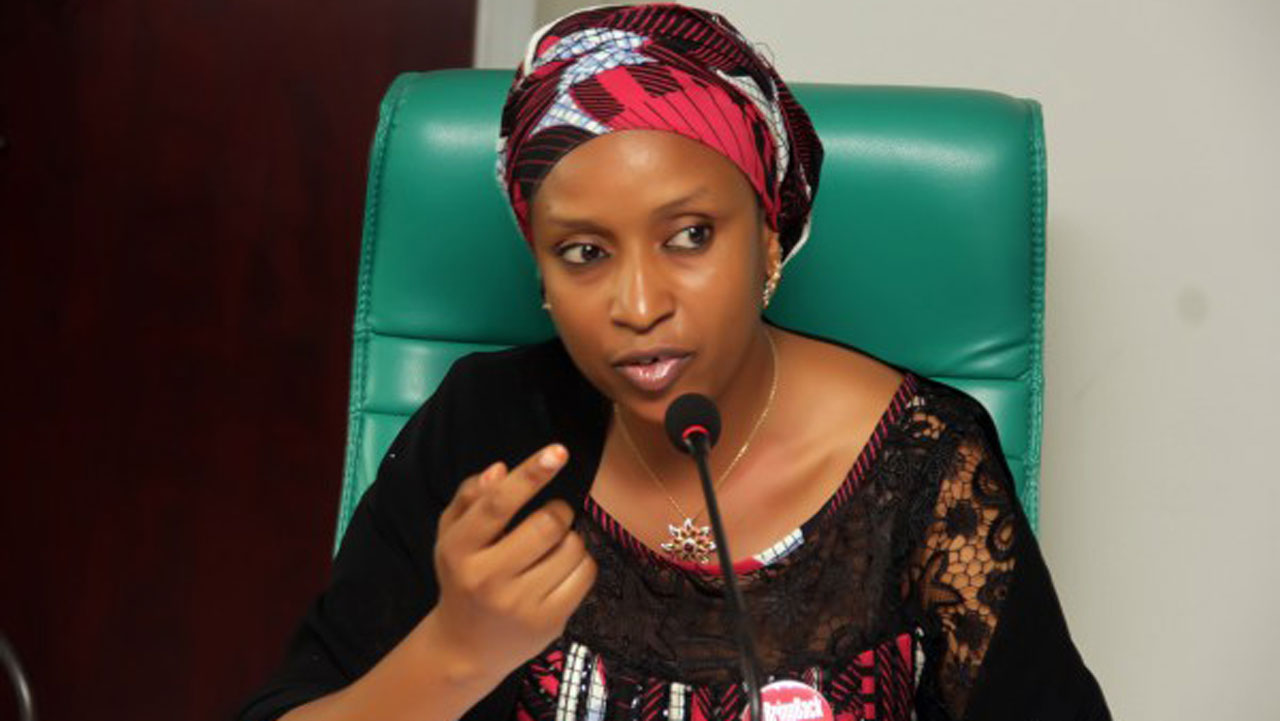
Major stakeholders in Nigerian ports have renewed synergy to entrench transparency and boost operational efficiency.
The stakeholders, who gathered at the sensitization meeting for government agencies and stakeholders in the maritime sector on the implementation of the Nigerian Ports Process Manual (NPPM), organised by the Nigerian Shippers’ Council (NSC), in Abuja, underscored the importance of the manual and the need to sanitize Nigeria’s port system.
The NPPM, which was launched by the Vice President, Prof. Yemi Osinbajo, on December 9, 2020, is expected to help Nigeria improve its ranking on the Corruption Perception Index, (CPI).
Speaking at the event, Minister of Transportation, Rotimi Amaechi, emphasized the enormity of the responsibility placed on the NSC for driving the process, and urged other government agencies and port operators to cooperate with the Council.
Executive Secretary, NSC, Hassan Bello, said the Nigerian Ports Process Manual is key to transparency in the ports.
He said: “There is a need to reduce dual time of cargo from 21 days to the regional average of seven days. NSC is not only looking at the ease of doing business but at the cost of doing business.”
Bello added that the electronic call up system introduced by the Nigerian Ports Authority (NPA), would aid in easing the current traffic situation around the port, and sought the cooperation of allied agencies to ensure the manual is fully implemented to improve Nigeria’s CPI ranking.
The Chairman, Independent Corrupt Practices Commission (ICPC), Prof. Bolaji Owasanoye, said: “The agencies are not powerless, they have enforcement power; it is time to effectively use these enforcement powers,” while pledging support for the ports manual.
Head, Technical Unit on Governance and Anti-Corruption Reforms (TUGAR) , Ms. Lillian Ekeanyanwu, also applauded the collaboration of the NSC and other agencies in realizing the NPPM. “We have confidence in the NSC and NPA and we would issue a scorecard on performance.”
Managing Director, Nigerian Ports Authority (NPA), Hadiza Bala Usman, noted that the Key Performance Indicators (KPI) of the various agencies in the maritime sector are closely tied, which calls for seamless cooperation and integration among them.
She promised that the NPA would ensure compliance to the manual and implement sanctions for non-compliance.
The Director-General, Nigerian Maritime Administration and Safety Agency (NIMASA), Dr. Bashir Jamoh, identified some of the challenges in the sector, including insecurity and corruption.
According to him, the methods of addressing these issues are embedded in the NPPM. “Our industry can only be sustained in terms of economic growth if we have sustainable systems in place to make our ports attractive.”
The Lagos State Governor, Babajide Sanwo-Olu, represented by the Commissioner of Transportation, Fredrick Oladeyinde, assured of efforts to ease the Apapa traffic gridlock.
“We are working with NPA to make sure truck parks are established along logistics routes. Lagos has given out 31 hectares of land for these truck parks for instance. We will continue to work with key stakeholders to ensure we develop the best port system in Africa,” he said.
Also commenting, Chief Executive Officer, Convention on Business Integrity, representing the Maritime Anti-Corruption Network, Olusoji Apampa, noted that said since an information desk was established in 2020, about 90 vessels doing business via Nigerian waters were monitored and only 16 had issues, which were resolved within one to four hours.
Similarly, Registrar, Council for the Regulation of Freight Forwarding in Nigeria (CRFFN), Sam Nwakohu, stressed the need for collaboration amongst the maritime agencies, which freight forwarders rely upon to ease their business, adding described the manual as a good initiative that will improve the nation’s economy.
The Comptroller-General, Nigeria Customs Service (NCS), Hameed Ali, represented by Acting Comptroller, Tariff, Suleiman Chiroma, reiterated that the Customs Service should deploy sophisticated modern scanners to replace physical examination. He added that at the time of physical examination, all relevant agencies should be present and failure to comply would mean exemption.






